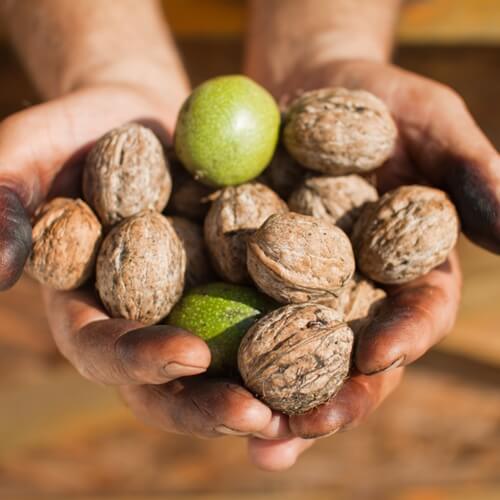Seasonal Cooking In December
Cooking is your life’s passion, which is why you’re working toward an online culinary arts certificate. Having the skills, drive and knowledge to create inspired dishes will lead you down a career path in which you get to serve your own food. Seasonal cooking is an essential skill for culinary students to learn. The best restaurants and recipes use ingredients that are available fresh, right now. This holiday season, use the food of December to wow your friends and family.
December produce
Every meal you create will include produce of some kind. The following are all fruits and vegetables in season during the month of December in the Pacific Northwest and similar regions:
- Apples
- Beet root
- Brussels sprouts
- Cauliflower
- Chicory
- Cranberries
- Kale
- Leeks
- Oranges
- Pomegranate
Feeling inspired? Don’t be afraid to add fruit to savory dishes and main courses. Apples and onions are a famous combination that works in a variety of dishes. Try an apple and onion curry, for example. Items on this produce list are also great in cocktails. Why not make a cranberry punch to be served with your three-course dinner? You and your guests will eat, drink and be merry this holiday season.
December Protein
Chestnuts are roasting on an open fire somewhere this season, and for good reason. They are one of several proteins you can get incredibly fresh. Here’s a longer list:
- Chestnuts
- Clams
- Mussels
- Oysters
- Pheasant
- Sea bass
- Venison
- Walnuts
As you can see, there’s an amazing array of seafood available this season. Take advantage of these ingredients to create some unique dishes.
Seasonal cooking tips
Now that you have an idea of the kinds of foods available to your in December, you may be looking for ideas for year-round seasonal cooking. There are a few tricks that will help you plan menus based on the freshest ingredients.
Locally sourced: Try to purchase the bulk of your ingredients from local producers. Farmers markets are a great way to find food from your area. As these farmers live in the same place as you, the foods they grow will be compatible with the climate and time of year. You’ll know that the food you buy from them is seasonal. It’s also more likely to be organic. Build relationships with the producers at farmers markets. When you need to fill a big order, they’ll help you out.
Farmers almanacs: Use farmers almanacs to know which ingredients are available when. You can also find books on the subject. The sooner you get to know seasonal food by heart, the better.


